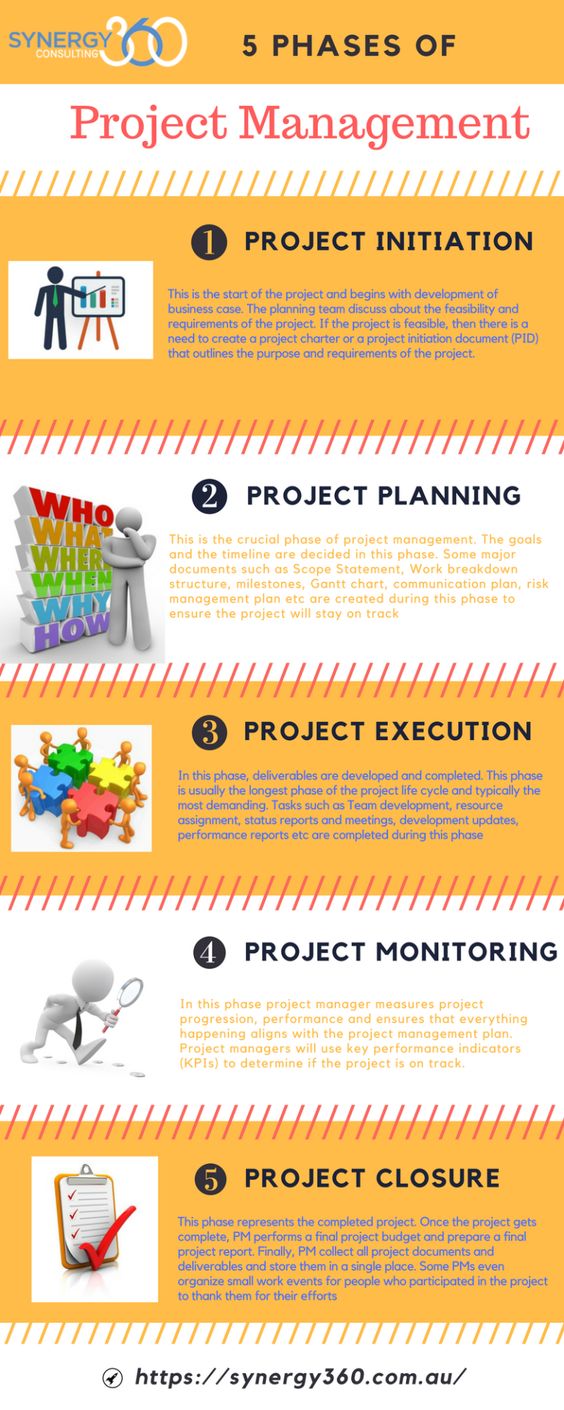Managing a construction project is a complex and challenging task. There are numerous moving parts, multiple stakeholders, and countless decisions to be made throughout the process. Construction project management requires a systematic approach, and a well-designed construction project management system can help streamline the process and ensure success. In this article, we will discuss what a construction project management system is, why it is important, and best practices for implementing one.
Introduction to Construction Project Management Systems
A construction project management system is a set of tools, practices, and techniques used to plan, execute, and control a construction project. It provides a framework for managing resources, tracking progress, communicating with stakeholders, and managing risk. A construction project management system is typically comprised of three main components: software tools, process workflows, and people.
Benefits of Using a Construction Project Management System
Using a construction project management system can provide numerous benefits for construction project management teams. Some of the most significant benefits are:
– Improved efficiency and productivity.
– Increased collaboration and communication.
– Enhanced risk management.
– Better decision-making.
– Greater transparency and accountability.
Features of a Construction Project Management System
A construction project management system typically contains a mix of tools and methods that support construction project management activities. The tools can range from basic spreadsheets to complex software platforms, depending on the needs of the project. Some common features of a construction project management system include:
– Budget tracking and management.
– Schedule creation and maintenance.
– Resource allocation and management.
– Communication and collaboration tools.
– Risk management tools and techniques.
– Quality management tools and techniques.
Key Components of a Construction Project Management System
To build an effective construction project management system, there are a few key components that must be in place. These include:
– A clear project plan that outlines the project’s goals, timeline, and resources.
– A team communication plan that outlines how the team will communicate with one another, stakeholders, and external parties.
– A risk management plan that identifies potential risks and outlines mitigation strategies.
– A quality management plan that outlines quality standards and how they will be maintained throughout the project.
– A change management plan that outlines how changes to the project plan will be managed and communicated.
Best Practices for Implementing a Construction Project Management System
Implementing a construction project management system can be a challenging process. Here are some best practices that can help ensure success:
– Define clear goals and requirements upfront.
– Get buy-in from all stakeholders.
– Train team members on the new system.
– Develop a communication plan and stick to it.
– Monitor and adjust processes as needed throughout the project.
– Regularly review progress and evaluate the effectiveness of the system.
Common Challenges with Construction Project Management Systems
While construction project management systems can provide significant benefits, there are also some common challenges that must be managed. Some of the most significant challenges include:
– Lack of buy-in from team members or stakeholders.
– Resistance to change.
– Poor data quality or poor data management.
– Lack of clear process workflows.
– Insufficient training or lack of proficiency with the system.
– Incomplete or inaccurate project data.
You might find these FREE courses useful
- Scrum Master Certification Practice
- Scrum Master Certification Specialization
- Scrum Master Certification: Scrum Methodologies
- Modalidades organizacionales ágiles en base a la MetodologÃa Scrum
Conclusion
A well-designed construction project management system can help construction project management teams work more efficiently, collaborate more effectively, and improve decision-making. While implementing a construction project management system can be challenging, the benefits are significant. By following best practices and managing common challenges, construction project management teams can leverage this powerful tool to increase project success rates and deliver better results for their clients.
